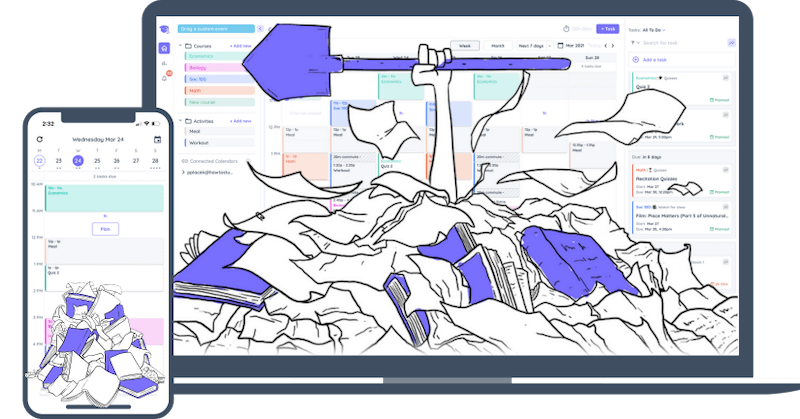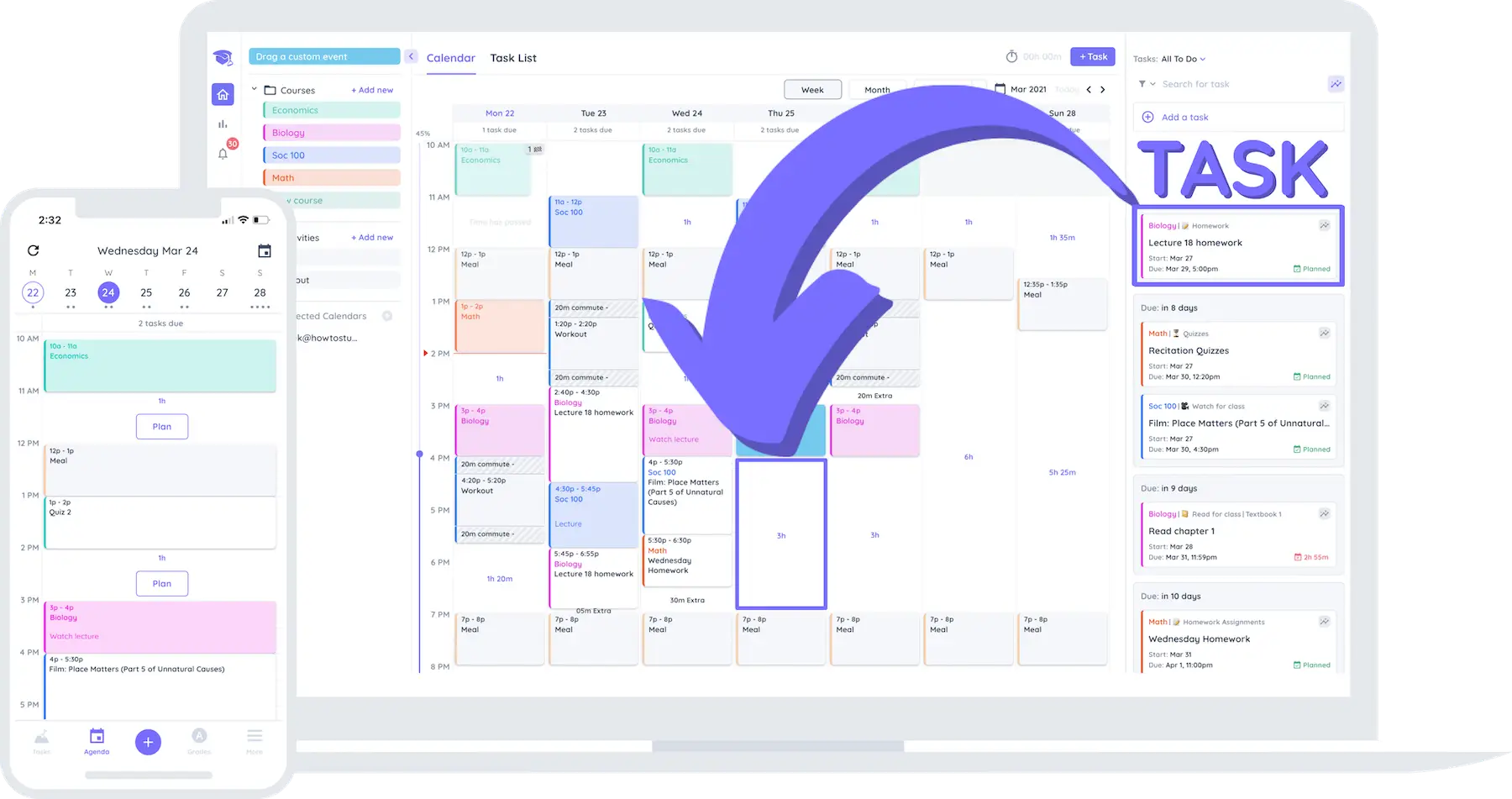Yellow Parachute sprung from my desire to give every kid access to the education that he or she deserved. And true “access” meant processing and translating information in ways that made sense for each individual student. It also meant building confidence and battling the slippery shame/blame cycle that can overtake kids who are struggling in school.
And once that shame/blame cycle gets going, it can creep into every aspect of a kid’s self-esteem. After all, we tell kids that school is their “job,” bundle them up, and send them off to take care of business for 6+ hours a day, five days a week, from ages five to eighteen. If you yourself never struggled in school, just imagine walking through the doors of your office every day for thirteen years thinking “I am so NOT GOOD at my job.” What a terrible feeling right?
And how about being the parent who has to send their kid off every morning thinking, “I don’t know how it’s going to go for you today, but we’ve got to do this, so here goes nothing…” Day after day, week after week, year after year, you watch heartbreak and defeat seize hold of your child and you can’t shield her from it. No parent or kid should have to experience this creeping soul-erosion. Thus, our goal was (and remains in many ways) to catch, protect, and build-up students who are falling through the cracks in the traditional school system.
But, after 18 years of helping students gain access, there are times when I question “the system” and wonder how we can redefine it rather than simply help students “gain access” to material the system deems important. Yellow Parachute’s mission, therefore, has evolved to helping students understand who they are and how they can develop the vision and perseverance to use their gifts to serve their communities (and change the world). With this evolution comes the important differentiation that mastering “the system” doesn’t guarantee a fulfilling life, but knowing yourself does.
Over the past few months, my self-talk has pivoted along with the company mission. While before I would ask myself, “What can we do for this student?” now I ask, “How can we guide this student towards discovering what he or she can do for others?” Rather than confining our goals to aced tests and college acceptances, Yellow Parachute aspires to be the catalyst for lifetimes of passion and empathy paid forward. Because a fulfilling life is a connected life, and the best way to integrate what you’ve learned with who you are is to teach, mentor, and model.
What if we admit: we are all struggling. Every one of us could stumble and fall through the cracks on any given day. What stops us? Our sense of purpose, whether that be parenthood, a job, a calling, a spiritual faith, a supportive friend or friend group, a spouse. This is the parachute that catches us when we fall. As adults, we’ve made the jump and have the stories to tell (and maybe scars to show.) For better or worse, we’ve graduated from card-players and splashers to the roles of decision makers, caretakers, and bill payers. Now it’s our turn to sew the parachutes for those who come after us. The jump is necessary, the fall inevitable, but it’s the parachute that gives us purpose and ease and joy as we make our way to land.
The mentors and role models who set my life’s work in motion were present to who I was because they were present to who they were. This blog (in addition to my lovely students and supportive YP families) has been a way for me to integrate the practices that I preach into my own life. In other words, I’m speaking from a place of (deeply researched) knowledge and (long and thoughtful) experience to help others, but also to articulate and solidify my own vision of myself and my purpose. Through writing, I become more present to myself and (I hope) help others do the same.This is the power of mentorship—everybody wins!
It’s tough to seek connection in the shadow of the American Dream that many of us were raised on. We’re supposed to be a society of self-made cowboys and girls (cow-people??) riding off into the desert with $20 in our pocket and one big idea, then breezing back into town in our electric car and expensive suit, our teeth whiter than ever before. The first step out from under this shadow is admitting that there’s no such thing as self-made. Self-styled, self-evolving (or self-promoting), sure. But many, many lives go into the making of another.
In Angela Duckworth’s Grit: The Power Of Passion And Perseverance, Duckworth cites philosopher Friedrich Nietzsche’s definition of greatness as, “people whose thinking is active in one direction, who employ everything as material, who always zealously observe their own inner life and that of others, who perceive everywhere models and incentives, who never tire of combining together the means available to them.”
Yellow Parachute’s Student Operating System (SOS) Curriculum is a bit Nietzschean (eek!) in the sense that it clears the path to greatness by helping kids attune to their inner lives and learn to combine and integrate all the resources (including human resources) available to them. With that in mind, let’s explore what sets Yellow Parachute parents apart from “the system.”
A YP Parent values “learning about how to learn” equally (if not more) than the facts or the grades assigned to mastering those facts. A YP Parent sees process as an important piece of the puzzle and acknowledges without hesitation that learning is not necessarily linear or reducible to a one-time “ 8//9/10 step” Program for Success. Embracing struggle and the all-important jump as a part of the process, a YP parent seeks to equip her child with the self-knowledge, growth mindset, and curiosity that will serve beyond the system. Enter: the parachute.This parent looks for partnerships with other individuals who will mentor and add value to their children’s lives, relationships built with trust and respect, and honored over time. Finally, a YP parent believes that a true education prepares a student for a lifelong discovery of his or herself.
The system has its uses. We all need to participate in a common store of facts, vocabulary, and skills in order to maintain a functioning society. But we can’t navigate the system—even thrive in it—half-awake. Or as psychologist William James put it, “Our fires are damped, our drafts are checked. We are making use of only a small part of our possible mental and physical resources.”
But when we step outside the system and see it in all its limited completeness, we can start to build a life that stokes the fire within us.
-Cara









